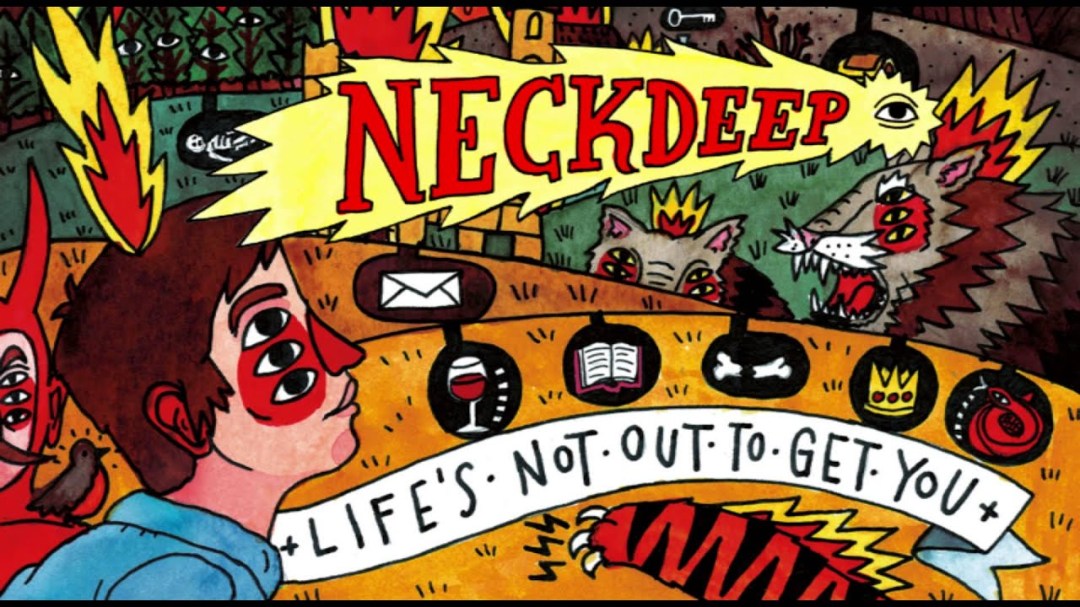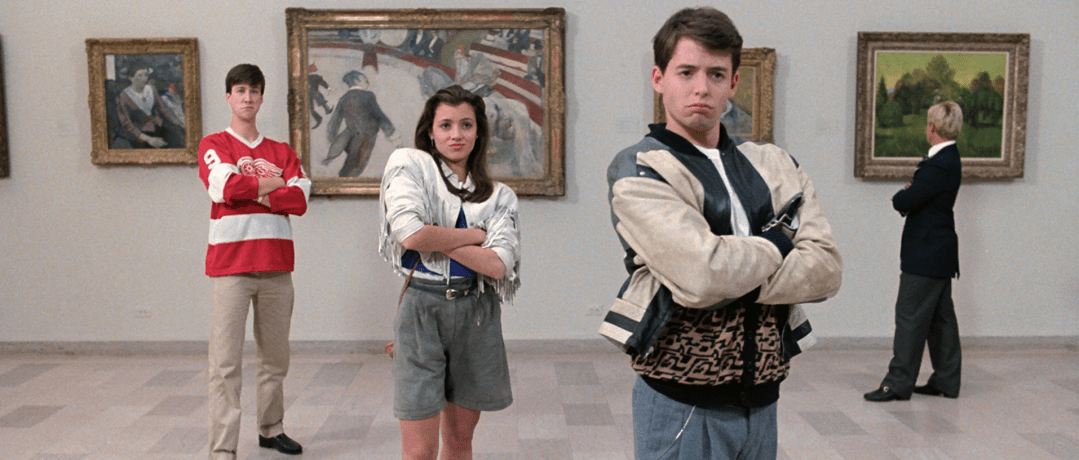We live in a weird moment for suicide humour, where it seems simultaneously omnipresent yet also impossible to find. Go on social media, and you’ll find an endless amount of jokes about wanting to die from millennials. Lots has been written about this tendency and how it acts as a form of catharsis for a generation with very little to look forward to in life. It’s a way to spit up a bit of the poison that we’ve spent our whole lives ingesting, a source of relief and even community, as we signal a shared anxiety about the future to other people and their likes, shares, retweets, comments, etc. signal to us that we’re not alone. Or so the theory goes anyway.
I’ve enjoyed and participated in this kind of absurdist suicide humour plenty. I sincerely believe the change.org petition to “let people drink the red liquid from the dark sarcophagus” should be studied as a defining work of millennial neo-Dadaism. Who else has spoken for their generation so succinctly as petition author and video game programmer Innes McKendrick when he wrote “we need to drink the red liquid from the cursed dark sarcophagus in the form of some sort of carbonated energy drink so we can assume its powers and finally die”?
But I’ve begun to have my doubts about “lol please kill me” as the dominant genre of suicide joke in our age. Because it’s not really about suicide, is it? It’s about suicidality, about the abstract feeling of wanting to die, not about suicide as it happens in the world. While it can gesture at a wider context – e.g. tweeting “just put a bullet in my brain now” in response to some horrible news stories – there is something self-centred about it. Not selfish, but literally centred on the self, on the individual and how they feel inside. It’s always “I want to die” and “please kill me” and “every night I pray that a burst of gamma radiation from space will incinerate the atmosphere and end my suffering”. And that’s fine as part of a diversity of comic approaches to suicide, but I have to ask: where are the jokes about a hanging gone wrong? Where are the jokes about other people’s indifference to your pain? (“I told my therapist I was gonna kill myself. He said I have to start paying in advance.”) Where are the funny scenes of attempted suicide in mainstream comedies? I get a kick out of the occasional funny tweet about wanting to die, but the genre isn’t hospitable to other kinds of jokes, particularly jokes with scenarios and characters where we’re looking at suicidal people, not being them. When just one style of humour has become this totalising and suffocating, it’s not enough. It’s overplayed and unsatisfying and dull.
It also dovetails unsettlingly well with the growing tendency to treat mental illness, and therefore suicide, as an issue of individual brains and their damage. Mark Fisher, the left-wing writer who took his own life in 2017, wrote in his 2009 book Capitalist Realism that treating mental illness as purely an issue of brain chemistry, or even of personal health, is necessarily comorbid with the depoliticisation of mental health. “It goes without saying that all mental illnesses are neurologically instantiated, but this says nothing about their causation. If it is true, for instance, that depression is constituted by low serotonin levels, what still needs to be explained is why particular individuals have low levels of serotonin.” We may agitate for more funding for mental health treatment, but if we don’t also agitate to change the social conditions that lead to such high rates of mental illness in the first place, it’s little different than fighting for medical care for the children of Flint, Michigan, but not fighting to get them lead-free water.
I’m not laying the responsibility to build a revolution at the feet of the mummy juice petition or any other similar jokes, obviously, but I am curious about the way these tendencies seem to have come of age together and how the first generation raised to think of mental illness and suicide this way is also (1) extremely mentally-ill and suicidal and (2) constantly joking about it in this particular style. I love suicide jokes, to a degree others often find unsettling, especially if they know I’ve spent a lot of my life thinking obsessively about murdering myself. I’m not here to shut down the party by any means, but Christ does it need some shaking up. We need more yucks from guns misfiring and melodramatic motivations.
We need Jack Lemmon.
Continue reading “The Suicide Comedies of Jack Lemmon” →










